Avail Acquires Arcana: Chain Abstraction Joins the Modular Stack
@availproject Acquires @arcananetwork to Complete the Modular Stack
In a multichain world full of fragmented user experiences and disconnected ecosystems, scaling blockchain infrastructure is no longer just about throughput. It’s about usability.
On August 27, 2025, Avail made its move in that direction by acquiring Arcana, the Bengaluru-based startup behind a leading chain abstraction protocol and wallet SDK.
The deal was structured as a full token acquisition. Arcana’s XAR token holders were offered a 4:1 swap into AVAIL, with phased unlocking and long-term vesting for the founding team. While no dollar value has been disclosed, the design of the transaction is notable. It prioritizes transparency and community inclusion, marking a shift from traditional equity-based exits toward tokenholder-aligned M&A.
Why This Deal Matters
Avail, spun out of Polygon in 2023, has quickly become one of the leading players in modular blockchain infrastructure. Backed by Founders Fund, Dragonfly, and other top-tier investors, it has raised over $70 million to build a robust data availability layer. But as modular stacks evolve, raw infrastructure is only part of the equation.
What Avail lacked was the abstraction layer—the user and developer interface that makes multichain applications seamless. That’s where Arcana fits in.
Arcana’s SDK enables unified balances across chains, stablecoin-based gas payments, and a wallet experience that hides the complexity of bridging and switching networks. For developers, this means less engineering overhead. For users, it means fewer steps and fewer errors.
By bringing Arcana into the fold, Avail moves from being a data layer to a full-stack solution. Builders using Avail’s AvStack framework will now be able to integrate Arcana’s abstraction tools out of the box. This adds real value for teams deploying rollups or applications in a fragmented Layer 2 environment.
It also sends a message. Avail is no longer just supporting rollup scalability. It’s actively shaping the user experience that makes that scalability usable.
How This Fits into a Larger M&A Pattern
The Avail–Arcana deal is part of a broader wave of consolidation across Web3 infrastructure. We’re seeing a clear pattern of vertical integration as projects race to offer end-to-end modular stacks.
Take Monad’s acquisition of Portal Labs earlier this year. That deal added stablecoin payments infrastructure to Monad’s Layer 1 stack, improving its transactional capabilities. Celestia, another modular network, has focused on tightly linking execution layers with its blob and namespace-based data availability system. Polygon’s earlier merger with Mir brought zero-knowledge proofs into its ecosystem, expanding its scaling options.
These moves aren’t just about adding features. They’re about eliminating dependencies and owning more of the developer and user journey. In each case, the acquiring project is building toward a future where it can offer not just infrastructure, but fully integrated platforms.
Avail’s acquisition of Arcana fits that playbook. It combines data availability with abstraction, gas unification, and wallet tooling. It’s not just about throughput anymore. It’s about removing friction.
A Token-Based Exit with Broader Implications
The structure of the deal is just as important as its strategic rationale. Instead of a traditional acquisition behind closed doors, this one played out transparently. XAR holders were offered a clear swap ratio into AVAIL. Unlock schedules were published, and the founding team’s vesting aligned with long-term execution.
For crypto M&A, that’s still rare.
Token-based deals that include community holders offer a roadmap for how acquisitions can evolve in the space. They allow early supporters to participate in the upside while giving acquirers a clean way to unify networks, products, and users under one token economy.
Deals like this challenge the assumption that M&A in crypto has to mirror Web2 structures. With the right mechanics, token-based acquisitions can deliver outcomes that are both strategic and inclusive.
The Road Ahead
For Avail, the integration of Arcana’s tools means it can now offer developers everything from base-layer infrastructure to user-facing abstraction. That positions it strongly in the increasingly competitive modular blockchain space.
For Arcana, the acquisition opens the door to greater adoption and resources. Its products, which were already gaining traction in the developer ecosystem, now have a path to wider distribution as part of Avail’s stack.
And for the M&A market, this is a moment to note.
At Acquire.Fi, we see this as a milestone example of how crypto-native deal structures are maturing. This transaction aligned product vision, ecosystem utility, and community ownership. It showed how modular blockchain platforms can use M&A to accelerate both technology and adoption—without leaving tokenholders behind.


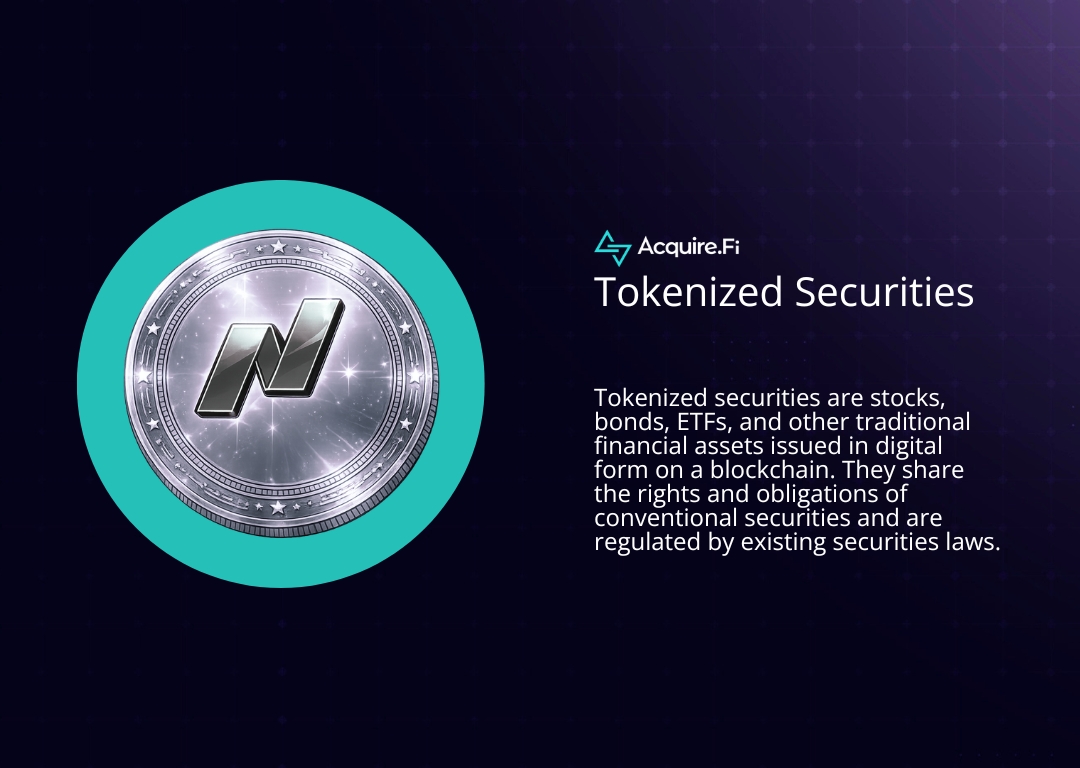
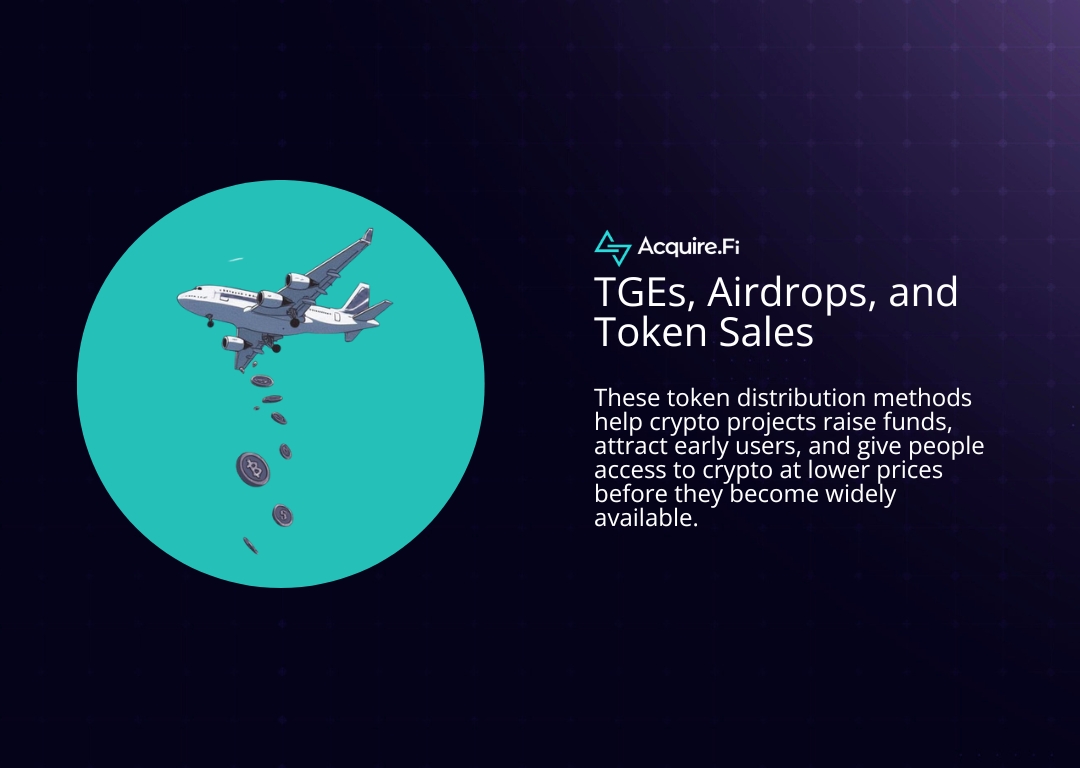
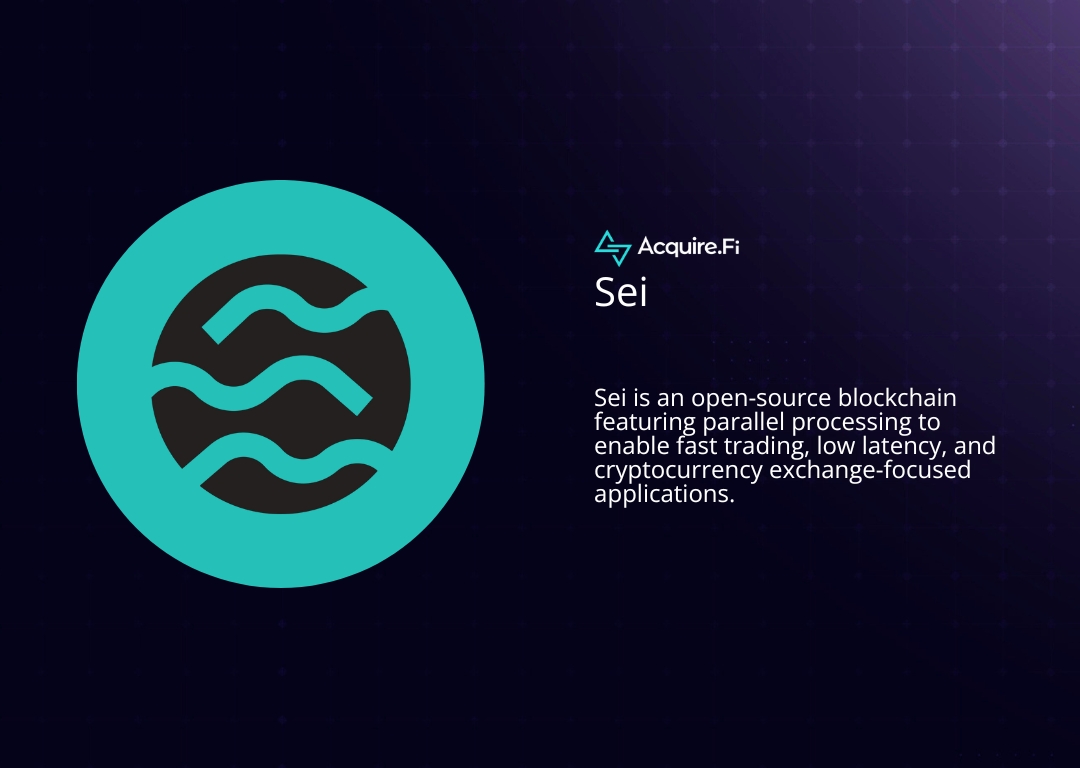
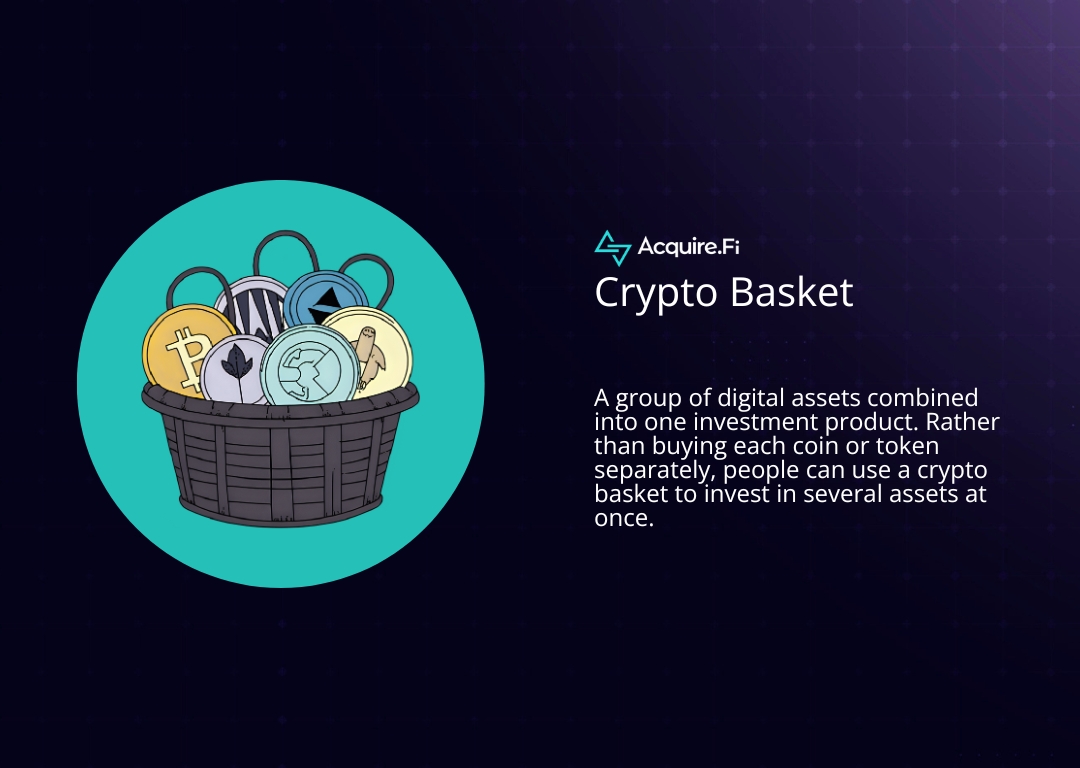
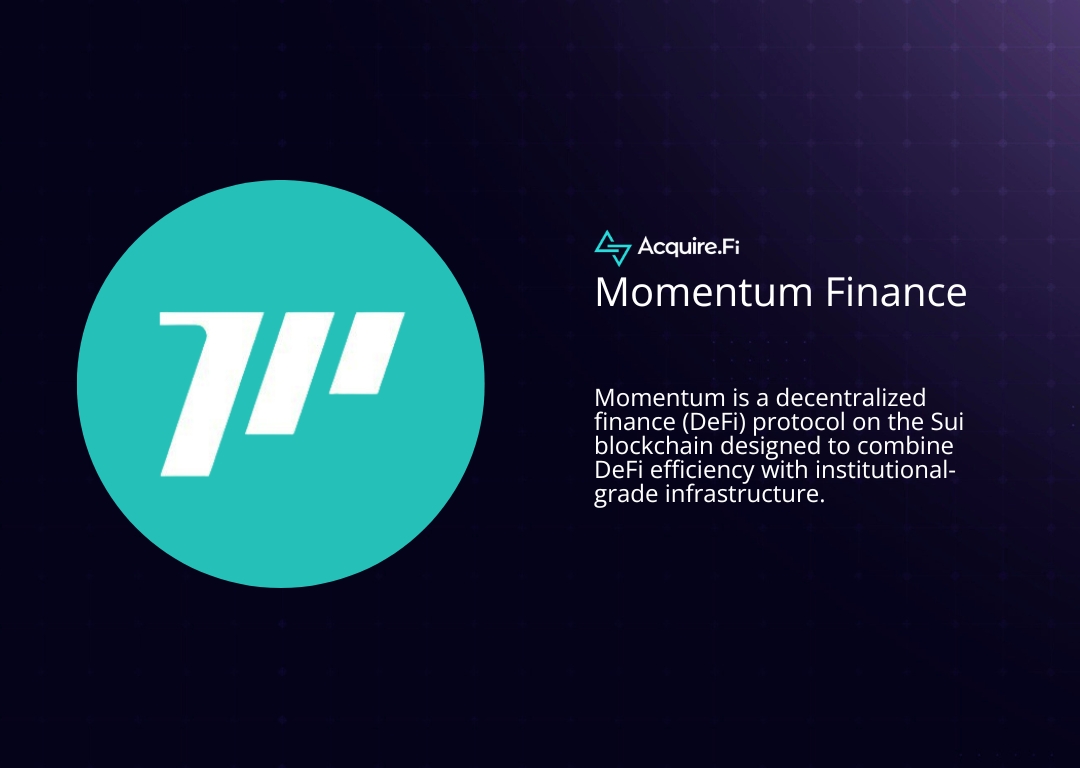






.webp)